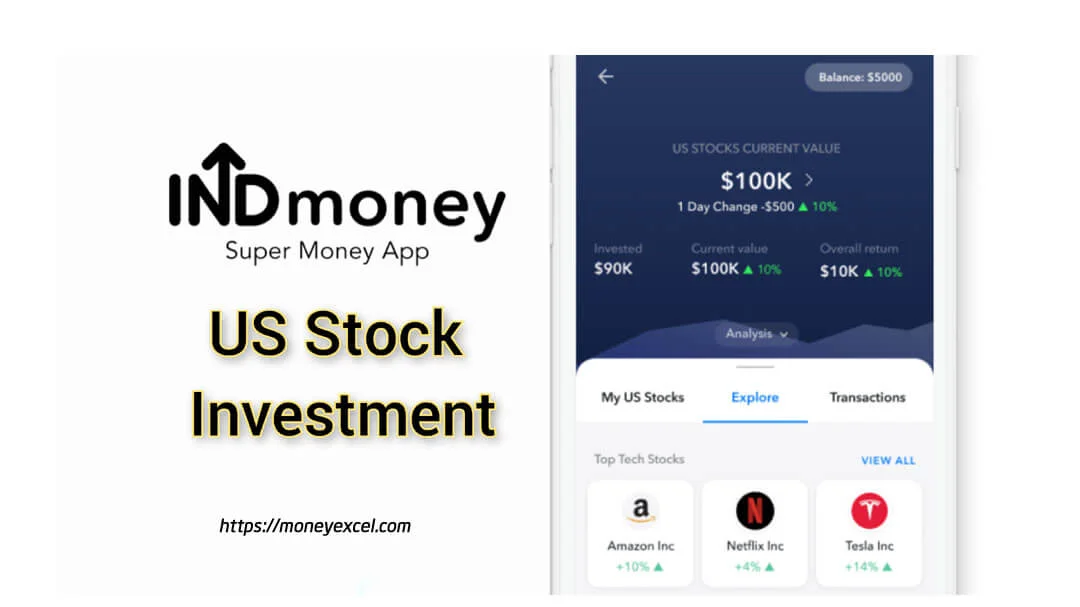Investing in the stock market is a journey filled with opportunities and risks. Two of the key concepts that often come up in conversations about the Indian stock market are IPOs and the Nifty 50 index. While they may seem unrelated at first glance, understanding both can help investors make informed decisions.

What is an IPO?
An IPO, or Initial Public Offering, is the process through which a private company offers its shares to the public for the first time. Companies usually go public to raise capital, which can then be used to expand operations, reduce debt, or invest in new projects.
When a company decides to go public, it works with investment banks to determine the price at which the shares will be offered. Once the IPO is launched, individual and institutional investors can buy shares, becoming part-owners of the company.
Why IPOs Matter
IPOs offer investors the opportunity to buy shares in a company at an early stage, potentially leading to high returns if the company performs well post-listing. However, investing in IPOs comes with risks, as newly public companies may face volatility in the market.
The performance of an IPO is influenced by various factors, including market conditions, company fundamentals, and investor sentiment. It’s crucial to research the company and its financials before participating in an IPO to assess its long-term growth potential.
What is the Nifty 50?
The Nifty 50 is a stock market index that represents the weighted average of 50 of the largest companies listed on the National Stock Exchange (NSE) of India. These companies span various sectors such as finance, information technology, pharmaceuticals, and consumer goods.
The Nifty 50 index is considered a barometer of the Indian economy, as it tracks the performance of leading companies across different industries. Investors often use the Nifty 50 to gauge market sentiment and make investment decisions.
How Nifty 50 Impacts IPOs
While IPOs and the Nifty 50 are separate concepts, they can be interconnected. The performance of the broader stock market, as represented by the Nifty 50, can affect the success of an IPO. In a bull market, where the Nifty 50 is performing well, investor sentiment is positive, and IPOs tend to receive higher demand. Conversely, during a bear market, IPOs may struggle to attract investors as the overall market sentiment is cautious.
Companies that are listed through an IPO may eventually become part of the Nifty 50 index if they grow significantly in terms of market capitalization and meet other criteria set by the NSE. Being included in the Nifty 50 can further boost a company’s visibility and attract more institutional investors.
Factors to Consider When Investing in IPOs
- Company Financials: Examine the company’s balance sheet, revenue growth, and profitability before investing.
- Valuation: Consider whether the company’s IPO price is justified based on its earnings potential.
- Industry Trends: Analyze the industry in which the company operates to assess long-term growth prospects.
- Market Conditions: Keep an eye on overall market trends, including the performance of indices like the Nifty 50, as they can influence IPO success.
- Management Team: A strong and experienced leadership team can be a good indicator of the company’s future performance.
Conclusion
Investing in IPOs can be a rewarding strategy if approached with caution and thorough research. Similarly, understanding the Nifty 50 index can provide valuable insights into broader market trends. While both present unique opportunities, they also come with risks that require careful consideration. By staying informed and assessing both company fundamentals and market conditions, investors can make better decisions to optimize their portfolio.